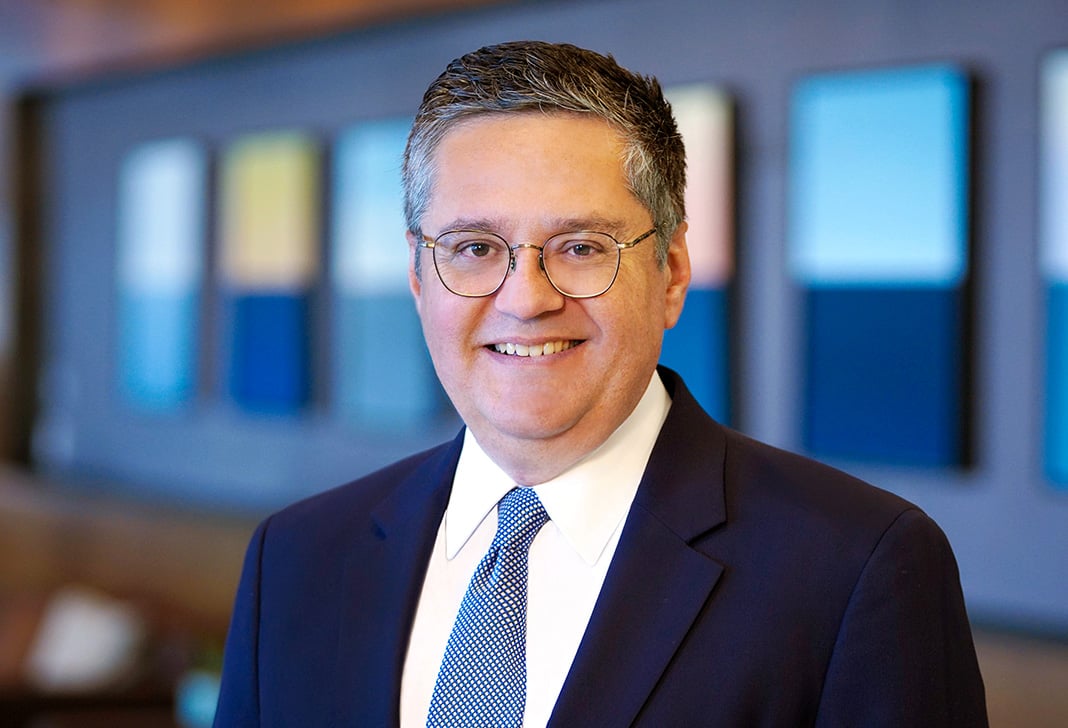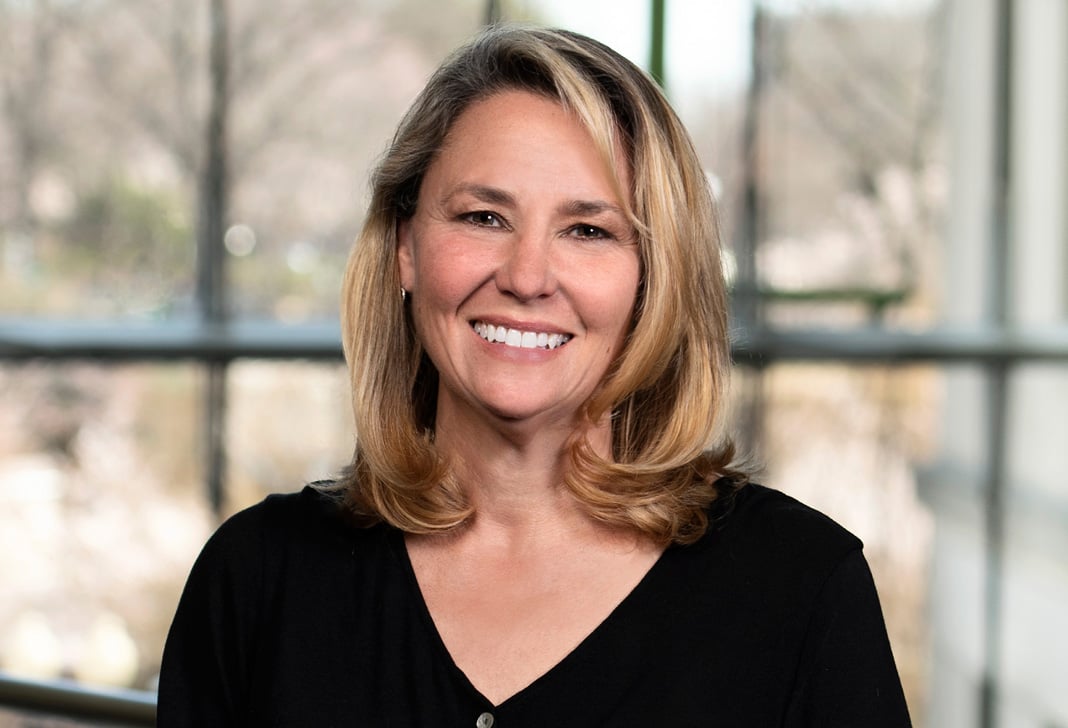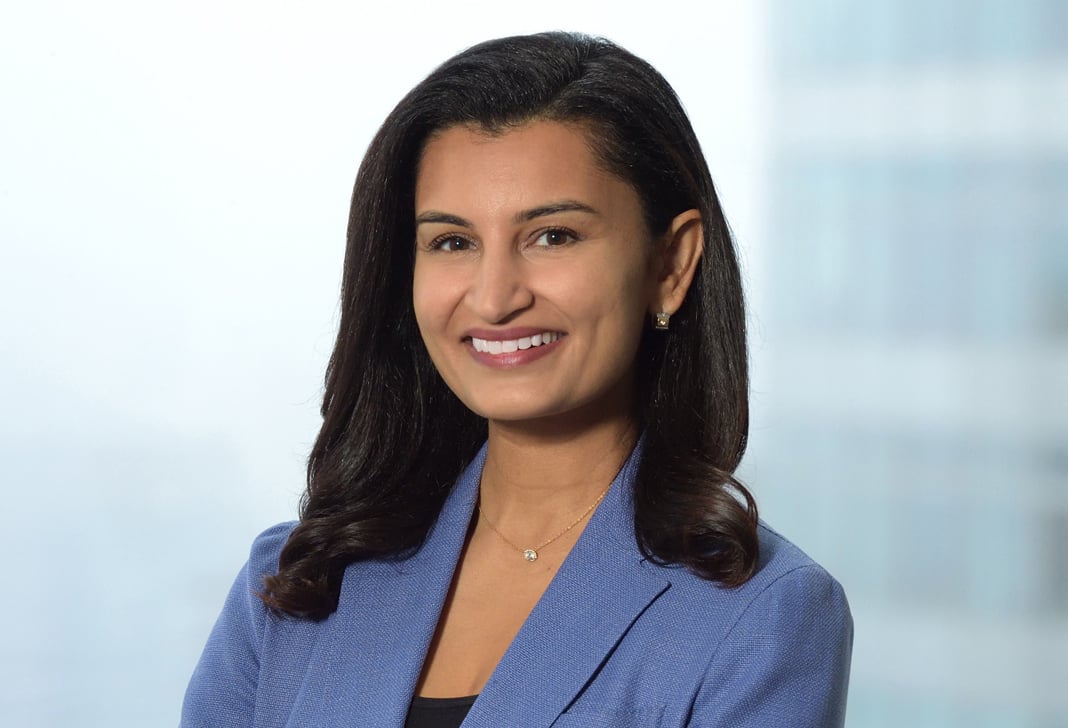
Access to Justice at the Border: The Laredo Project
Since 2014, Jones Day lawyers have been representing migrants, primarily women and children, at the U.S.-Mexico border. With a full-time, fully staffed office in Laredo, Texas, the Firm is making a major commitment to defending the rule of law. Jones Day partners Laura Tuell, David DiMeglio, Nina Yadava, and retired partner Terry Murphy, discuss this important legal work that provides access to justice and is helping to transform lives.
A full transcript follows:
Laura Tuell:
In 2014, the news was reporting about extensive numbers of migrants, particularly unaccompanied children who were coming across the border and in desperate need of legal assistance. And our managing partner, Steve Brogan, made some phone calls and said, "Do something important. And I want us to find a way to be a significant contributor to providing access to justice for these unaccompanied children." Terry Murphy came out of retirement to help lead the project.
Terry Murphy:
When I first saw what was happening, I realized that this was a human problem. These people were being brutalized in their home countries, and as a lawyer, I wanted to help them, so it got me very energized. The other thing is my background is trial laws, and I love trials, and we are going to try these cases.
David DiMeglio:
The issues on the border, of course, were getting increasingly concerning and worrisome and notorious. You couldn't pass a day without hearing about the crisis on the border.
Laura Tuell:
After several weeks of research, it was clear to us that there were no free legal services at all in Laredo for detained migrants.
David DiMeglio:
There are no big cities around, aside from the city of Laredo, there are no big law schools around with legal clinics that could supply lawyers or law students, and not a large legal community that could provide those types of services.
Laura Tuell:
When we were looking for office space, we ultimately decided to have our office here in the La Posada. Our office has two balconies that overlook the Rio Grande. We can literally see Mexico from our office. We have a view of the Walking Bridge where migrants every day come back and forth from Mexico to the United States, from Nuevo Laredo in Mexico to Laredo, here in the US.
David DiMeglio:
But we also have offices all across the country with lawyers who were more than willing to dedicate themselves to this project and make the trek to Laredo to spend a week at a time here, to be able to see what was going on for themselves in the detention centers. We developed a very collaborative relationship with the detention centers, with local ICE, with border patrol, in a way that was not threatening and allowed us to be able to serve the migrants in a way that could very well make a difference. This was access. Access to justice for the migrants and access to the migrants for us so we could see what's going on and ensure that the rule of law was being followed.
Laura Tuell:
At its core, this project is a rule of law project. It's not a political project, doesn't advance any political ideology, and it doesn't take any positions on policy or politics of immigration. At its core, this project is designed to help particularly women who are fleeing persecution in their home countries to help them find a pathway to safety in the United States and hopefully prosperity.
David DiMeglio:
Since the law has certain elements that allow a person to qualify for asylum and that set out what steps are to be followed, then we want to make sure that migrants whose cases fit those qualifications can benefit from that system. And in many cases, that means life versus death. There are many times when I look across the room in the Know Your Rights presentations that we give, or other counseling sessions where we hear the migrant stories. And I look across the room at this women of every age, and I think to myself that in any other circumstance, these women could be my mother, my daughter, my sister, my wife in there, but by the grace of God go any of us. It is incumbent upon us, as lawyers, to be able to do what we can to ensure that if they have a viable asylum claim, that they have the opportunity to present that claim and hopefully transform their lives.




